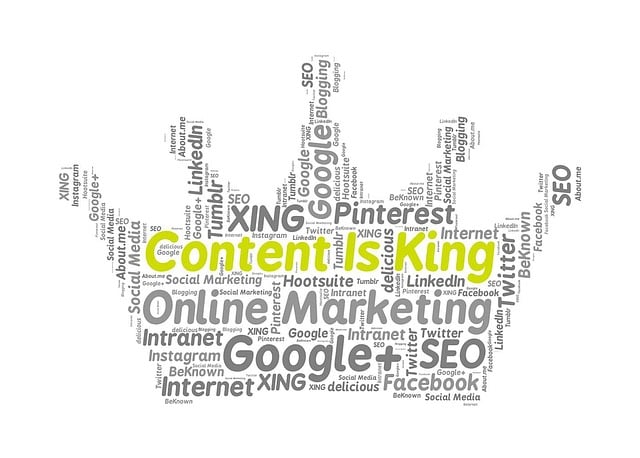AI is transforming commercial real estate management with advanced digital twin building models and AI accessibility audit tools. These technologies integrate sensor data to provide a holistic view of building performance, enabling optimization of energy usage, prediction of maintenance needs, and enhanced safety. AI audit tools democratize access to critical information, empowering stakeholders to make informed, data-driven decisions for more sustainable and user-friendly properties. By identifying and highlighting accessibility barriers in digital twins, these tools promote inclusive design, benefiting individuals with disabilities, the elderly, and those using mobility aids. Ultimately, AI accessibility audit tools enhance sustainability, reduce operational costs, and revolutionize real estate management through efficient data analysis.
In the evolving landscape of commercial real estate, Artificial Intelligence (AI) is emerging as a game-changer. This article explores the transformative potential of AI in creating digital twin building models, offering unprecedented insights and enhancing accessibility through advanced audit tools. We delve into how these virtual replicas can revolutionize property management, ensuring efficient operations and informed decision-making for future-ready real estate. Discover the power of AI accessibility audit tools tailored for commercial buildings, unlocking new levels of efficiency and optimization.
- Unlocking Building Insights: AI's Role in Digital Twin Models
- Enhancing Accessibility: AI Audit Tools for Commercial Spaces
- The Future of Real Estate: Efficient Management with AI Twins
Unlocking Building Insights: AI's Role in Digital Twin Models

AI is transforming the way we understand and optimize commercial real estate. By leveraging digital twin building models, AI accessibility audit tools can provide a comprehensive view of a structure’s performance and potential areas for improvement. These models integrate data from various sensors and systems within a building, allowing professionals to analyze patterns, predict maintenance needs, and enhance overall efficiency.
With AI-powered accessibility audit tools, stakeholders can gain valuable insights into the operational dynamics of commercial buildings. From optimizing energy consumption and identifying safety hazards to understanding tenant preferences, these tools democratize access to critical building information. This promotes data-driven decision-making, leading to more sustainable and user-friendly real estate investments.
Enhancing Accessibility: AI Audit Tools for Commercial Spaces

AI accessibility audit tools are transforming the way we evaluate and improve commercial spaces, making it easier to identify and address barriers that may limit functionality for people with disabilities. These innovative solutions leverage machine learning algorithms to analyze digital twin models of buildings, flagging potential issues such as narrow doorways, lack of braille signage, or inadequate ramp access. This enhances accessibility not only for those with physical disabilities but also for elderly residents and individuals using mobility aids.
By integrating AI accessibility audit tools into the design and management process, developers, architects, and property managers can proactively create more inclusive environments. These tools enable efficient assessments of complex buildings, providing data-driven insights that support informed decision-making. Ultimately, this technology contributes to a more equitable built environment, ensuring commercial spaces are accessible and usable for all.
The Future of Real Estate: Efficient Management with AI Twins

The future of real estate management is set to be transformed by Artificial Intelligence (AI) and its ability to create digital twins of commercial buildings. This innovative technology offers a promising solution for efficient property oversight, allowing developers, investors, and managers to gain unprecedented insights into their assets. AI accessibility audit tools can play a pivotal role in this process by providing comprehensive data on building performance, identifying areas for improvement, and enhancing overall sustainability.
Digital twin models provide a virtual representation of a physical space, complete with real-time data integration. These twins enable stakeholders to remotely monitor various aspects of the property, from energy consumption patterns to tenant occupancy levels. By analyzing this data, AI algorithms can predict maintenance needs, optimize resource allocation, and even suggest design modifications for better functionality and accessibility. With such advanced tools at their disposal, real estate professionals can make informed decisions, reduce operational costs, and elevate the overall management experience in a rapidly evolving market.
AI-powered digital twin building models are transforming the commercial real estate industry. By unlocking intricate insights and enhancing accessibility through innovative audit tools, these technologies offer a glimpse into a future where efficient management is the norm. Integrating AI digital twins promises to streamline operations, improve decision-making, and optimize space utilization, making it an indispensable tool for navigating the evolving landscape of commercial buildings. With AI accessibility audit tools leading the way, the potential for smarter, more sustainable real estate practices is within reach.
